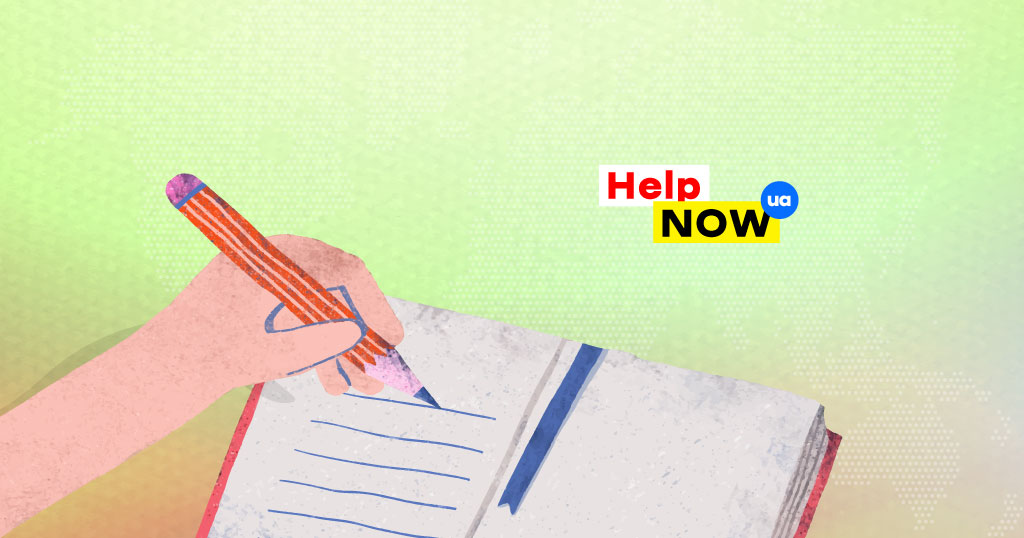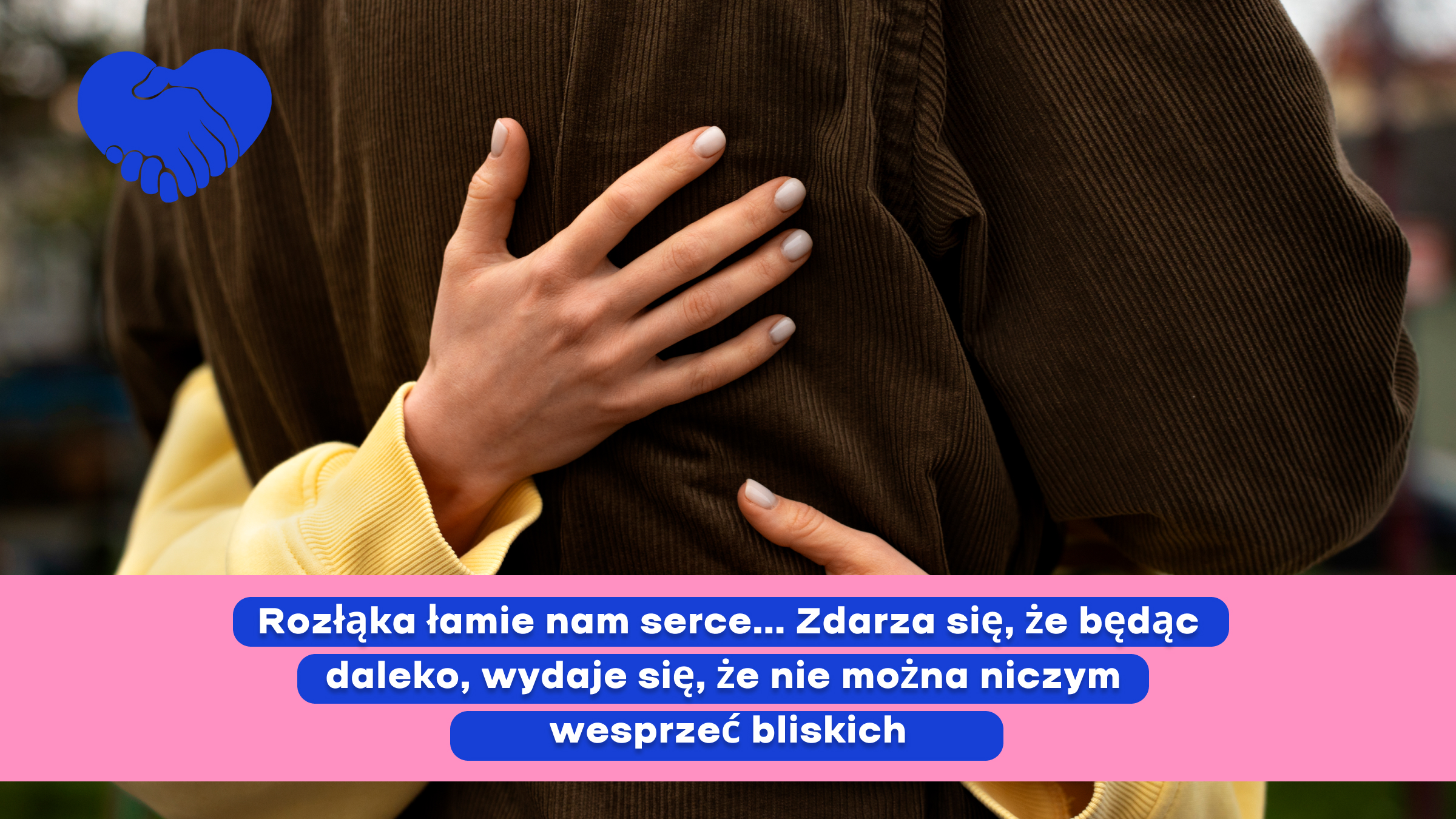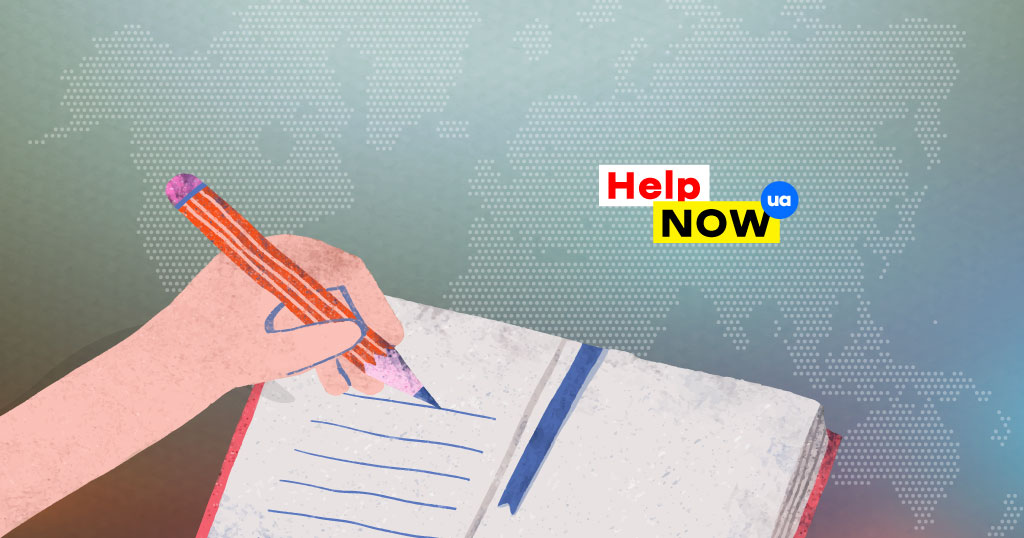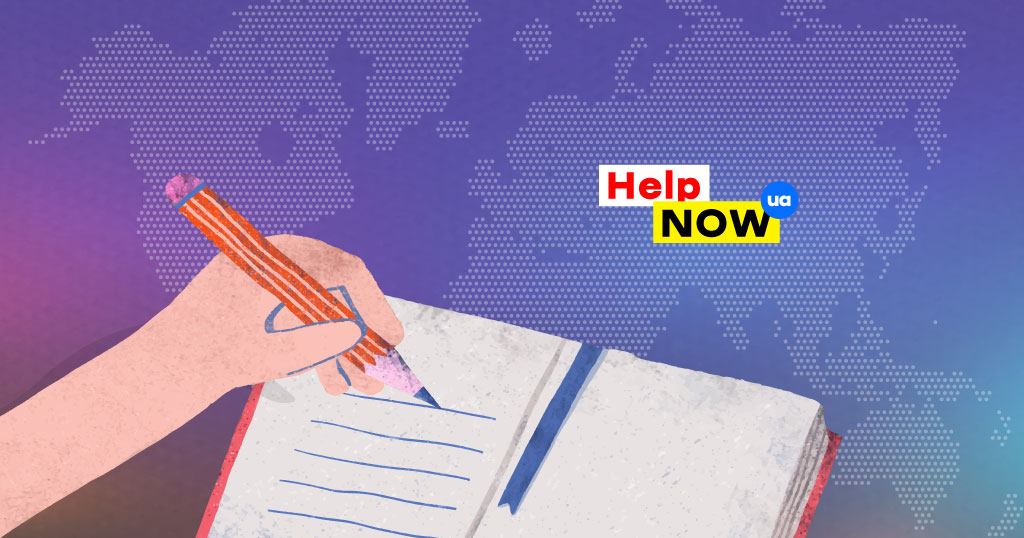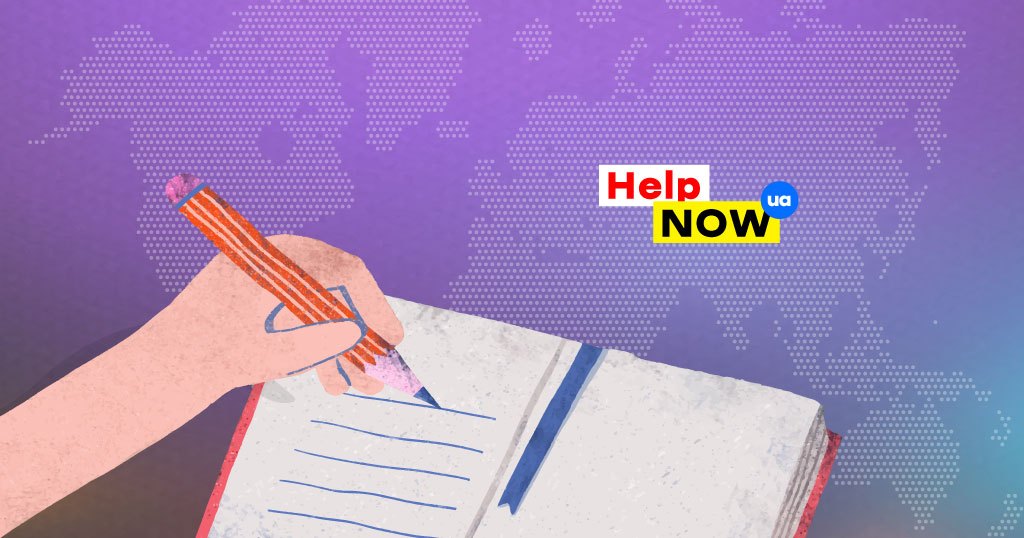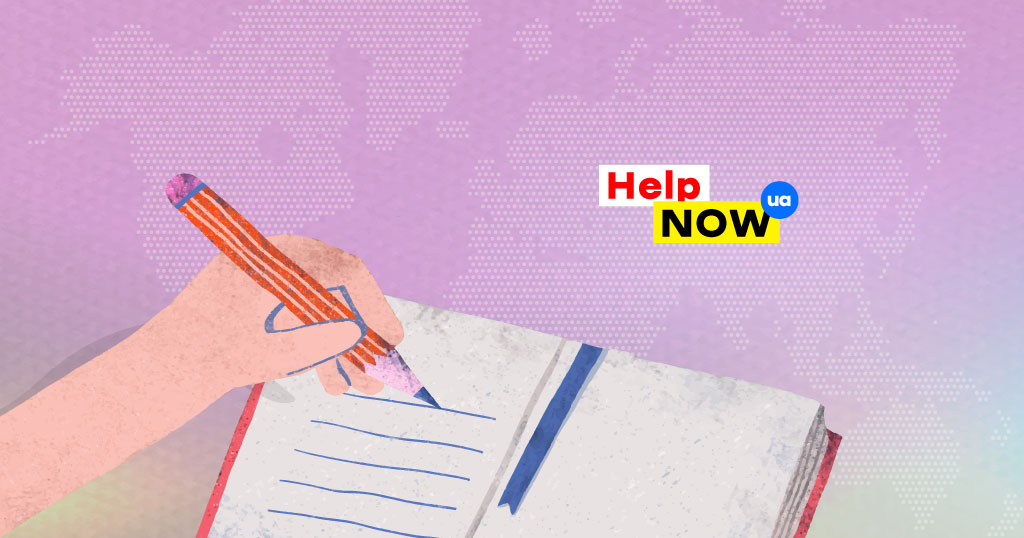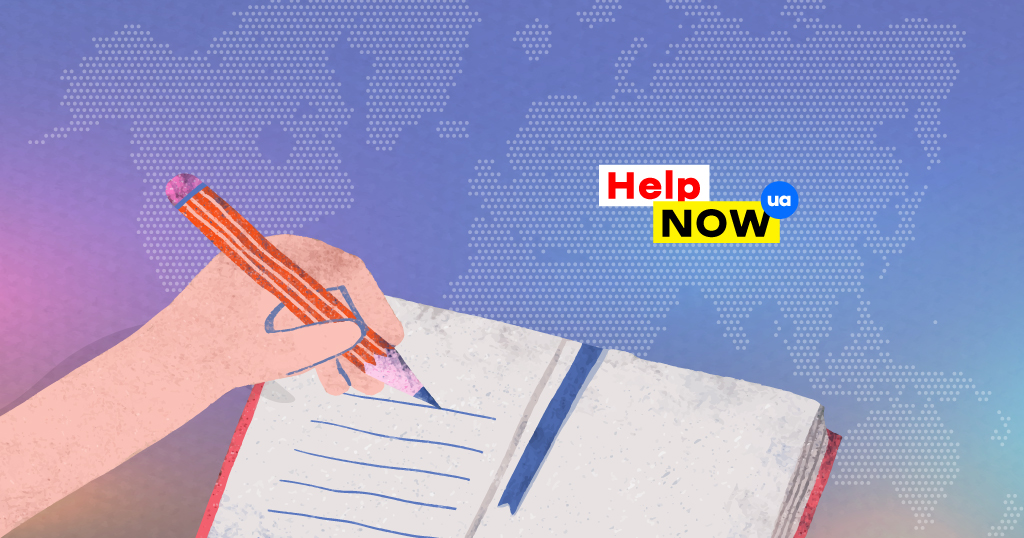My name is Marina; I’m from Kyiv. I arrived in Germany in July 2022. I could not go before because my mother was after an operation and there were grandparents we took from the village to Kyiv. My grandfather didn’t walk anymore, my grandmother still moved, but I had to look after them. Mom was also unable to move after the operation.
I was the only one who could help them at the store.
But my grandfather died this month on 40 Saints Day. My mother has undergone rehabilitation after the operation and is feeling well. After her recovery, I left the country immediately. My mom didn’t want to go with me, so she stayed to look after my grandparents.
I decided to go to Germany on the proposal of a neighbor with whom we lived in Kyiv in the same house. She promised to help me with paperwork and finding housing and also allowed me to live at hers for a while.
In Germany, I found a one-room furnished apartment. While I am not working, I go to German language courses.
The only thing is that I am alone here, so it is difficult because there are no relatives here, no parents.
My son is in Finland; he went in the first days of the war to my ex-husband’s relatives. There he entered the university. So he decided not to go to Germany.
When I left, I had nothing at all. Money for travel was sent to me by my Kyiv friend from Germany. I collected the most important things: a pair of T-shirts, pants, coats, and two pairs of sneakers, and that’s it.
I had no medicine at all. I learned about my hepatitis C just before the invasion. I just had time to get tested. Then covid started again, and later the clinics ceased to work.
In Germany, I stuck with it. First, I got one job, then another. I didn’t know how to get cured.
I have finished therapy, which I received for three months, and I am already doing well. I had tests: an ultrasound of the liver and blood tests, and I was prescribed therapy. I was treated here, and passed tests – I no longer have hepatitis.
I found the HelpNow service on my own: I put it in Google and accidentally got your site. The girl answered me, asked me what city I was in, and recommended clinics. I went to one of these clinics in my city. They answered me almost immediately and said they were ready to accept me. After the tests, I was prescribed pills within a day. This is an infectious diseases clinic; that is, they specialize in treating hepatitis and HIV.
HelpNow managers suggested that I use the services of an interpreter by phone during a visit to the doctor. But the doctor spoke Russian, and I did not have to use the services of an interpreter.
I was in a good mood; I started to believe that I could be healthy, and that there was a chance to be healthy.
When I started taking drugs for hepatitis C, insomnia and nausea began, and I was faced with depression after I stopped. I don’t know if it had anything to do with medicine or the beginning of spring, but it was frantic.
I told the doctor about my feelings, but he said to me that, in principle, there could be no side effects. Nausea may not be due to pills. The reason could be a five-fold increase in the liver.
The doctor advised not to follow any diet while taking the pills, as they are so effective that they will help.
I was really preparing for death. I read so much about hepatitis that I thought I was dying. That is, sooner or later, I will die, but now my life is prolonged. I am happy and satisfied that I can live again and build my plans.
Also, from the positive moments: here, in Germany, I met a man. I’m dating him now. He supported me during my treatment. This guy is an Arab, but his citizenship is already German, and thanks to his support, it became easier for me.
My sister, mother, and grandmother supported me. I didn’t say much about my illness. Only my parents knew, but my friends didn’t.
After the arrival, it was difficult, but I comforted myself and reassured you that no missiles were flying over me. At first, I thought I imagined that I was in a resort. After the experience in Kyiv, Germany seemed to me just a paradise.
I thanked the manager of the HelpNow service. Sometimes I keep in touch; I constantly congratulate on the holidays.
I am already giving myself advice here, but psychological support is still relevant.

